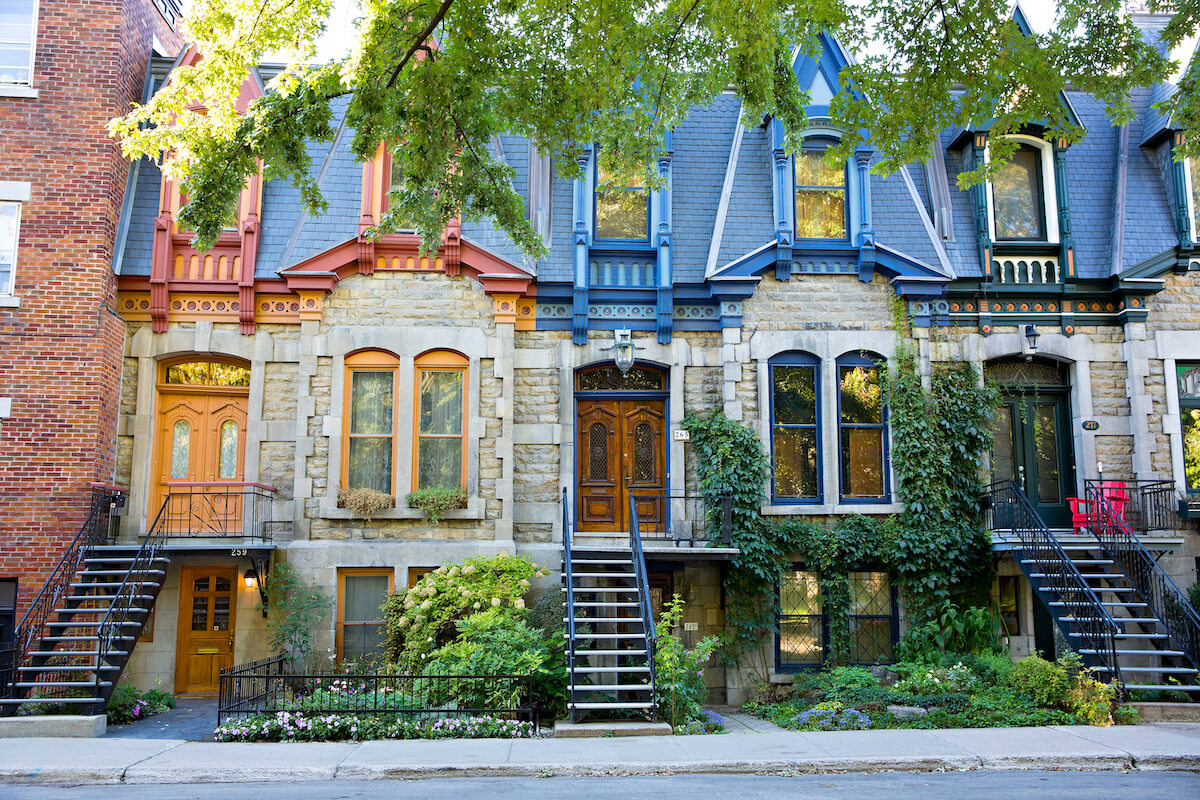Thinking of Becoming an Airbnb Host?
May 3, 2019 Market

The idea of passive income for renting your home sounds appealing to many. Across the globe, Airbnb has become an increasingly popular method for homeowners to get some extra cash for hosting tourists within their own country. In the province of Quebec, Airbnb is legal and flourishing. However for those interested in pursuing the path of temporary rentals, there are rules and regulations they should learn as to not traverse into unwanted territory (to the tune of a potential 50,000$ fine for non-conformity). So to all renters, be aware, before choosing the path of room and board.
Rules and Regulations
If you’re thinking of renting out a property that is not your primary residence as an Airbnb host, an application must be done for a “Certification of Classification.” Essentially this means that an inspection must be done by the Corporation de l’Industrie Touristique du Quebec (CITQ), which concludes whether or not your dwelling is adequately clean, safe and of quality to rent to tourists. Hosts must also obtain 2 million dollar liability insurance.
Taxes
Airbnb automatically collects lodging tax. It is then remitted to Revenu Quebec. Make sure to verify with the provincial and municipal administration to verify what tax on lodging you may be subjected to for each time you rent your home.
By Laws
If you are the owner of a condo or a co-op, it is important to confirm the rules and regulations of your co-ownership agreement. Many buildings in Montreal do not have the same by-laws, and some are stricter than others. Your goal to rent via Airbnb might be forbidden in your building, and there are various consequences to breaking the rules drawn up by your board. Sometimes, rules also extend to what borough you reside in. For example, in some parts of Ville Marie, Airbnb rentals are restricted. So it is important to not only check your building by laws, but the by laws of your borough.
Insurance
The moment a “guest” of your home gives you money for the roof over their heads, your insurance policy as a basic home owner must change. Most home owner insurance policies cover family and friends as your guests, but once access to your property becomes something that generates money, this is considered a higher risk, and thus puts you in a different risk bracket. It is vital to do your insurance research before renting out through Airbnb to ensure that you are fully covered, and covered properly.
Overall, contact the CITQ, the Regie du Logement, a lawyer or tax professional to determine whether your Airbnb rental is legal, before sealing the deal online by yourself!
Spring is here, contact me today for a home evaluation! What are your real estate goals for 2019? Whether you have questions about your home or if you’d like to discuss your next move, I look forward to hearing from you.
[maxbutton id=”3″ ]
Back to News
Blog Search
Topics
- Achat (108)
- Buying (127)
- For Rent (10)
- Fundraiser (2)
- Giveaways (6)
- Holidays (11)
- Home Maintenance (29)
- loué (6)
- Marché (47)
- Market (83)
- Mortgage (4)
- New Listing (8)
- Non classifié(e) (33)
- Renovations (3)
- Selling (27)
- Uncategorized (32)
- Vente (20)

